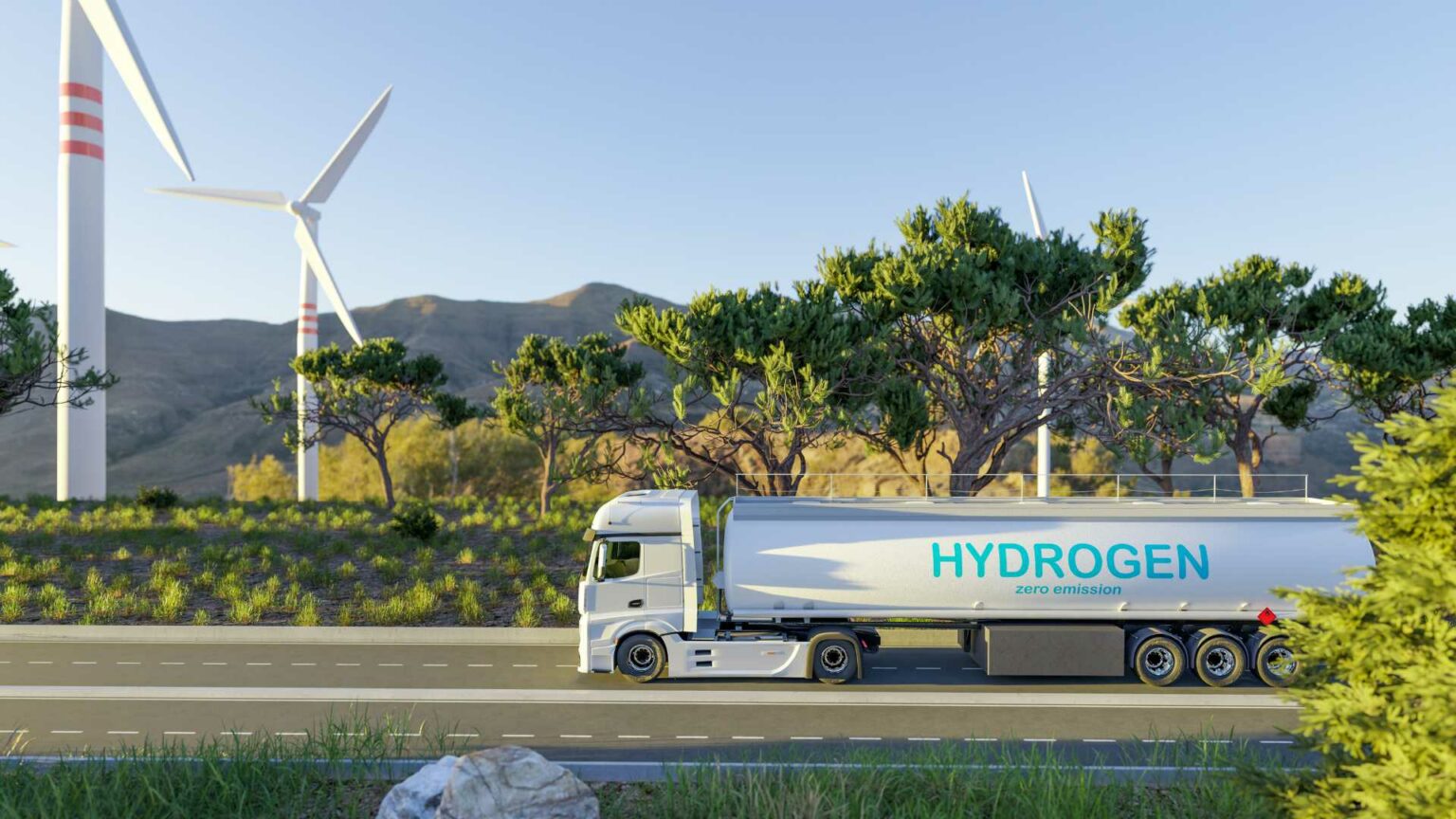A recent study titled “An energy management strategy based on dynamic programming for fuel cell hybrid trucks in ports” has been published in the International Journal of Hydrogen Energy. The research, conducted by Pingyuan Wang, Jianping Dou, Wensheng Su, Zhikang Jiang, and Yunde Shi, provides valuable insights into improving energy efficiency in fuel-cell hybrid trucks operating in port environments.
Main Findings
The research introduces an advanced energy management strategy utilizing dynamic programming (DP) explicitly tailored for fuel-cell hybrid trucks in port settings. The DP-based strategy optimizes power distribution between the fuel cell and the battery, significantly enhancing the trucks’ overall efficiency and operational performance.
Potential Applications
The findings have several noteworthy applications:
1. Operational Efficiency: Implementing the DP-based strategy can substantially reduce operational costs and downtime for fuel-cell hybrid trucks.
2. Environmental Impact: The strategy reduces greenhouse gas emissions and pollutant levels in port areas by improving energy efficiency.
3. Scalability: The strategy can be adapted in other heavy-duty vehicles and transport hubs, broadening its scope and impact.
Technical Methodologies
The study employs dynamic programming techniques to devise an optimal energy management strategy. This involves a computational approach that systematically evaluates all possible states and decisions, ensuring the most efficient power distribution in real-time operational scenarios. This method considers constraints and operational requirements typical in busy ports, such as fluctuating energy demands and limited refueling infrastructure.
Key Takeaways
The study highlights a novel energy management strategy using dynamic programming to optimize the performance of fuel-cell hybrid trucks in ports. This advancement can enhance operational efficiency, reduce environmental impact, and potentially accelerate the adoption of hydrogen technology in the transportation sector.
The comprehensive analysis of the International Journal of Hydrogen Energy underscores the transformative potential of sophisticated energy management strategies for hydrogen fuel cells. This research propels advancements in port logistics and exemplifies the broader commitment to sustainable and efficient energy solutions in the hydrogen industry.





